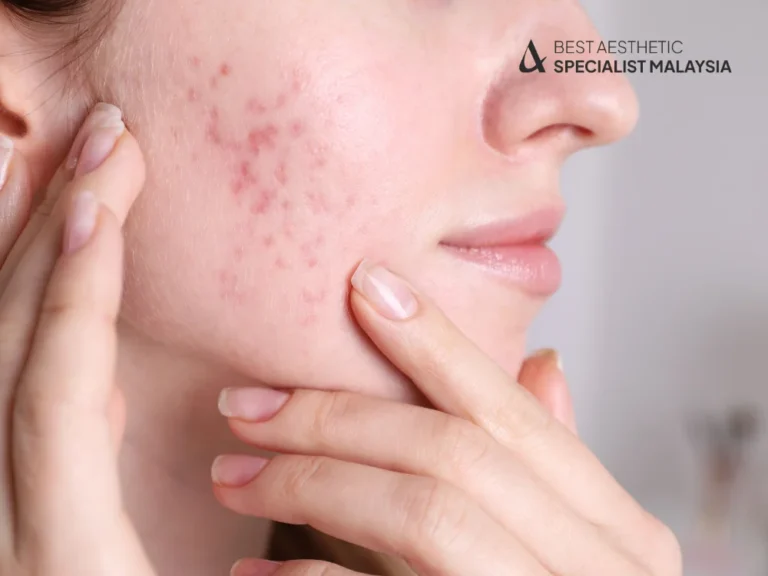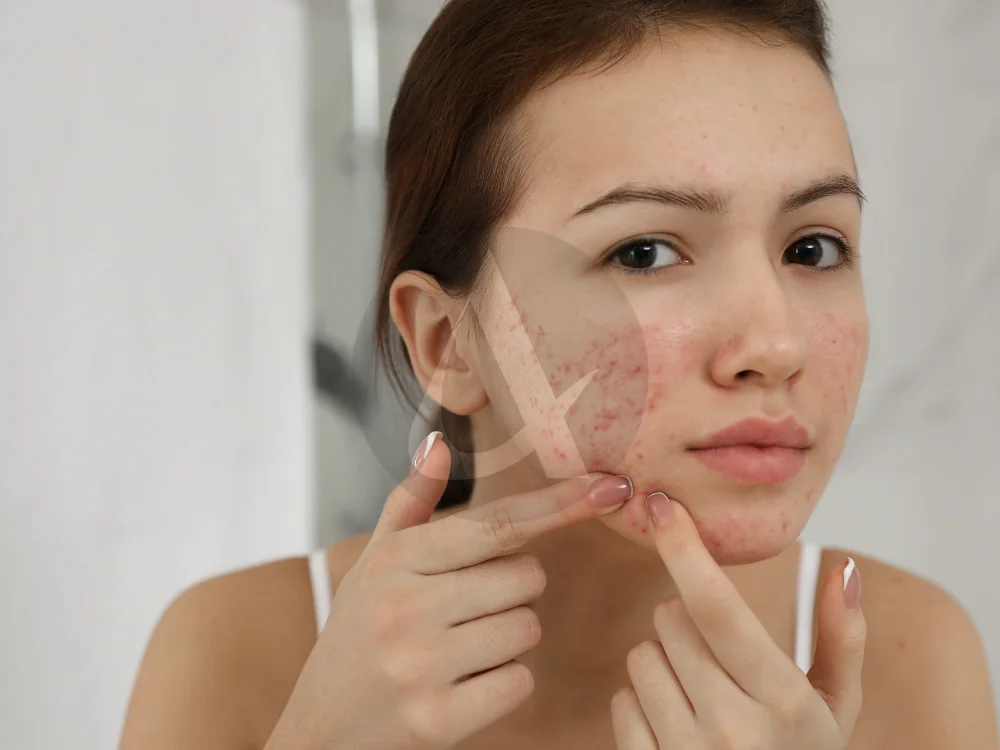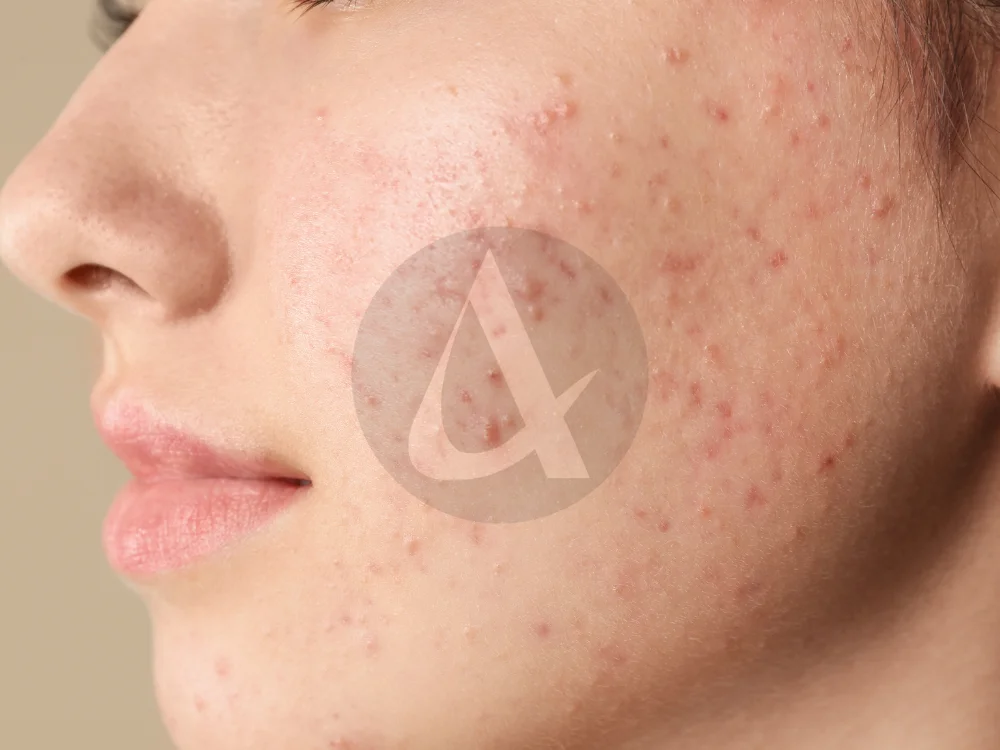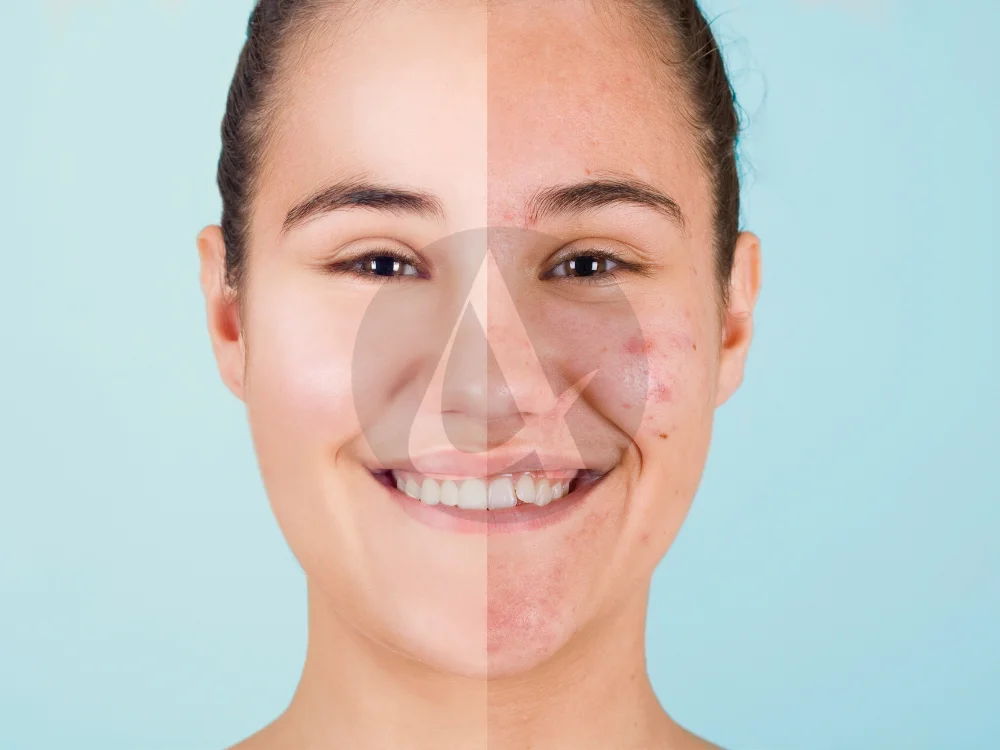Acne is one of the most common skin conditions affecting people of all ages, from teenagers experiencing hormonal changes to adults dealing with stress or environmental factors. While acne can be frustrating, there are numerous ways to treat and prevent it, especially by taking a natural and holistic approach. This guide delves into effective, natural methods to combat acne, providing insights into lifestyle changes, skincare tips, and dietary modifications that can help achieve clearer, healthier skin.
Understanding Acne: Causes and Triggers
Acne develops when hair follicles become clogged with oil, dead skin cells, or bacteria. Various factors can contribute to acne formation, including:
- Hormonal Changes: Fluctuations in hormone levels, particularly during puberty, pregnancy, or menstrual cycles, can increase sebum production, leading to acne.
- Diet: Diets high in sugar and dairy have been linked to increased acne in some people.
- Stress: Stress triggers cortisol production, which can exacerbate skin inflammation and lead to breakouts.
- Environmental Factors: Pollution and humidity can also contribute to clogged pores and acne development.
Knowing the root causes can help tailor a treatment approach that addresses the underlying issues and prevents future breakouts.
1. Keep Your Skin Clean
Maintaining a consistent skincare routine is crucial for acne prevention. Use a gentle, pH-balanced cleanser twice daily to remove dirt, oil, and makeup. Avoid harsh scrubbing, which can irritate the skin and exacerbate acne.
Best Practices for Skin Cleansing
- Use lukewarm water and avoid hot water, which can strip the skin of natural oils.
- Pat dry instead of rubbing to prevent irritation.
- Consider using a cleanser with salicylic acid or benzoyl peroxide if your skin tolerates it.
2. Hydrate Your Skin
While it may seem counterintuitive, keeping your skin hydrated helps prevent acne. Dry skin can lead to increased oil production as your skin tries to compensate for the lack of moisture. Opt for a lightweight, non-comedogenic moisturizer that won’t clog pores.
3. Embrace a Healthy Diet
Research suggests that diet plays a role in acne development. Diets high in refined sugars, dairy, and processed foods may worsen acne in some people. Consider the following dietary adjustments:
- Reduce Dairy Intake: Dairy has been linked to increased acne in some studies, particularly in individuals who are sensitive to it.
- Limit Sugar and High-Glycemic Foods: Foods that spike blood sugar quickly can increase insulin, potentially leading to acne.
- Add Omega-3 Fatty Acids: Foods rich in omega-3s, such as fish, walnuts, and flaxseed, may reduce inflammation and support skin health.
4. Use Natural Remedies for Acne
Several natural ingredients can help soothe inflammation and reduce acne without harsh chemicals.
Popular Natural Remedies
- Tea Tree Oil: Known for its antibacterial properties, tea tree oil can reduce the bacteria that cause acne. Always dilute it with a carrier oil to prevent skin irritation.
- Aloe Vera: This plant has anti-inflammatory and soothing properties. Apply pure aloe vera gel to the skin to calm redness and irritation.
- Apple Cider Vinegar: Dilute apple cider vinegar with water and apply as a toner. Its natural acids can help balance skin pH and prevent bacterial growth.
5. Avoid Touching Your Face
Touching your face frequently can transfer bacteria and oils from your hands to your skin, leading to clogged pores and acne. Make a conscious effort to keep your hands away from your face and avoid picking at acne, as this can lead to scarring.
6. Stay Hydrated
Drinking plenty of water helps flush out toxins from the body and keeps your skin hydrated from the inside out. Aim to drink at least eight glasses of water a day for optimal skin health and hydration.
7. Manage Stress Levels
High-stress levels increase cortisol production, which can lead to inflammation and acne. Incorporate stress-relieving practices into your daily routine, such as:
- Meditation and Deep Breathing: These techniques can reduce stress hormones.
- Exercise: Physical activity helps regulate stress and improves overall circulation, which benefits skin health.
- Sleep: Getting enough quality sleep is essential for skin repair and recovery.
8. Avoid Heavy Makeup and Use Non-Comedogenic Products
Certain makeup products can clog pores, especially those that are oil-based or heavy. Opt for non-comedogenic products designed for acne-prone skin, and always remove makeup thoroughly before bed.
9. Try an Exfoliating Treatment
Exfoliation helps remove dead skin cells that can clog pores, leading to acne. Use a gentle exfoliator 1-2 times per week, depending on your skin’s sensitivity.
Types of Exfoliators
- Chemical Exfoliators: Products containing AHAs or BHAs can help clear away dead skin cells without physical abrasion.
- Physical Exfoliators: Avoid harsh scrubs; instead, opt for gentle exfoliants to prevent skin damage.
10. Consult a Dermatologist if Needed
If acne persists or worsens, consulting a dermatologist may be necessary. Dermatologists can prescribe medications, such as retinoids, antibiotics, or hormonal treatments, which can help control severe acne.
FAQs about Acne
Q1: What foods should I avoid to prevent acne?
A: Foods high in refined sugars, dairy, and processed ingredients may contribute to acne in some individuals. Reducing these foods might improve skin clarity.
Q2: Can stress cause acne?
A: Yes, stress increases cortisol levels, which can trigger oil production and lead to acne.
Q3: How often should I wash my face if I have acne-prone skin?
A: Washing twice a day with a gentle cleanser is sufficient. Over-washing can strip the skin of natural oils and worsen acne.
Q4: Are there natural remedies for treating acne?
A: Yes, tea tree oil, aloe vera, and apple cider vinegar are popular natural remedies that may help reduce acne.
Q5: Does drinking water help clear acne?
A: While water alone may not clear acne, staying hydrated supports overall skin health by helping to flush out toxins and keep skin hydrated.
Q6: Should I use moisturizer if I have acne-prone skin?
A: Yes, using a lightweight, non-comedogenic moisturizer can help balance skin moisture without clogging pores.
Achieving clear skin takes time, dedication, and often a combination of treatments and lifestyle adjustments. While acne can be challenging, a consistent skincare routine and mindful habits can help you take control and improve your skin’s appearance over time.






